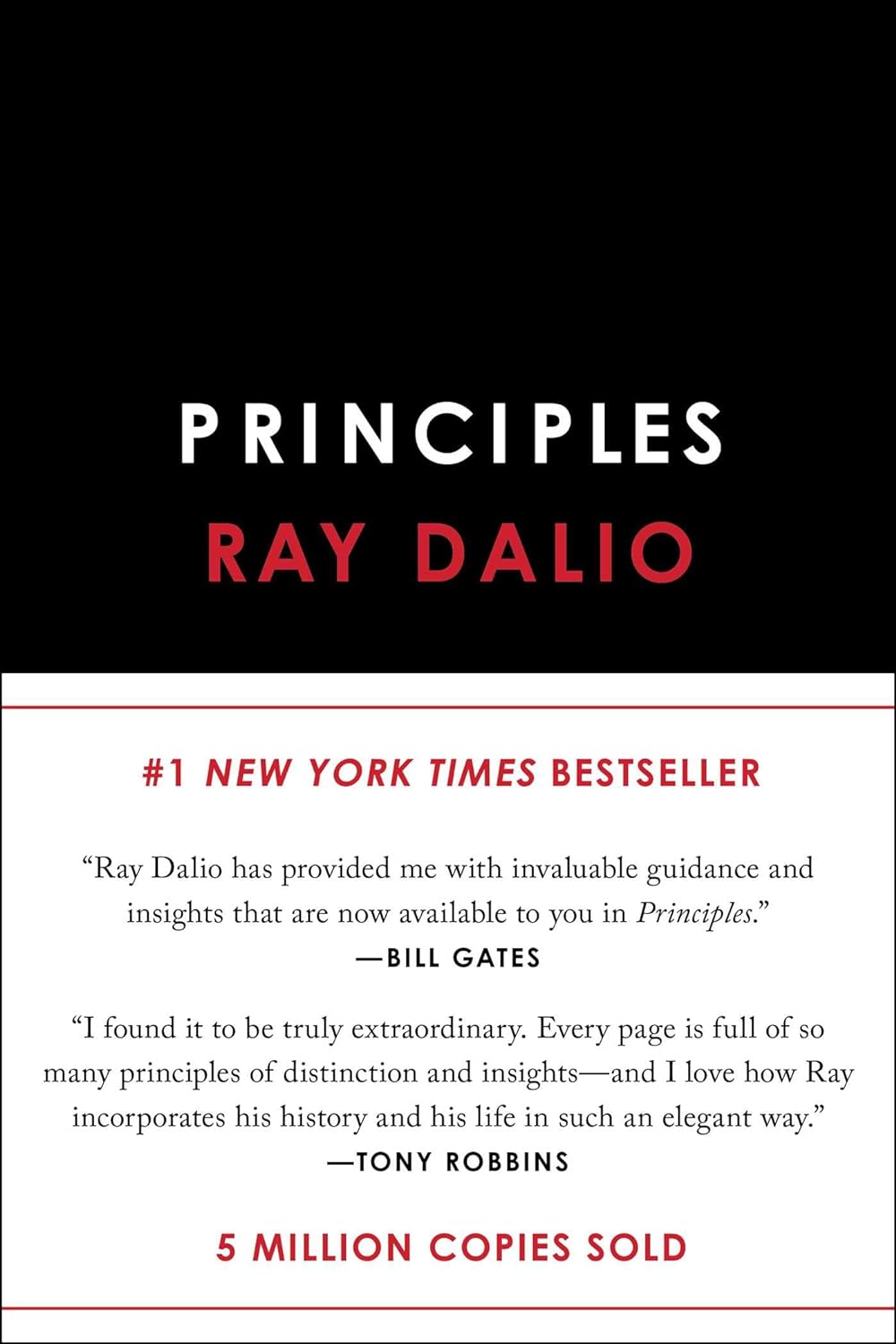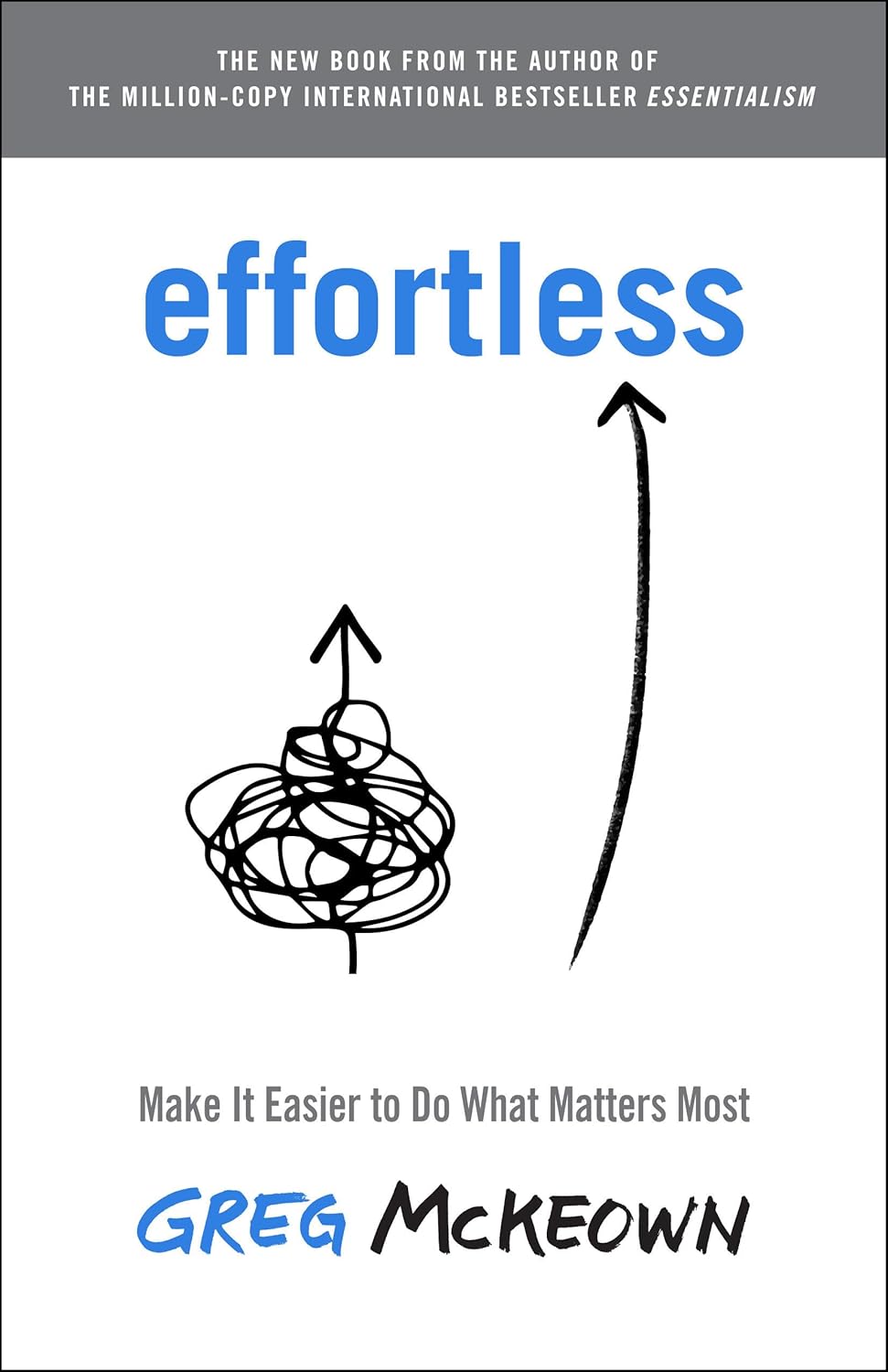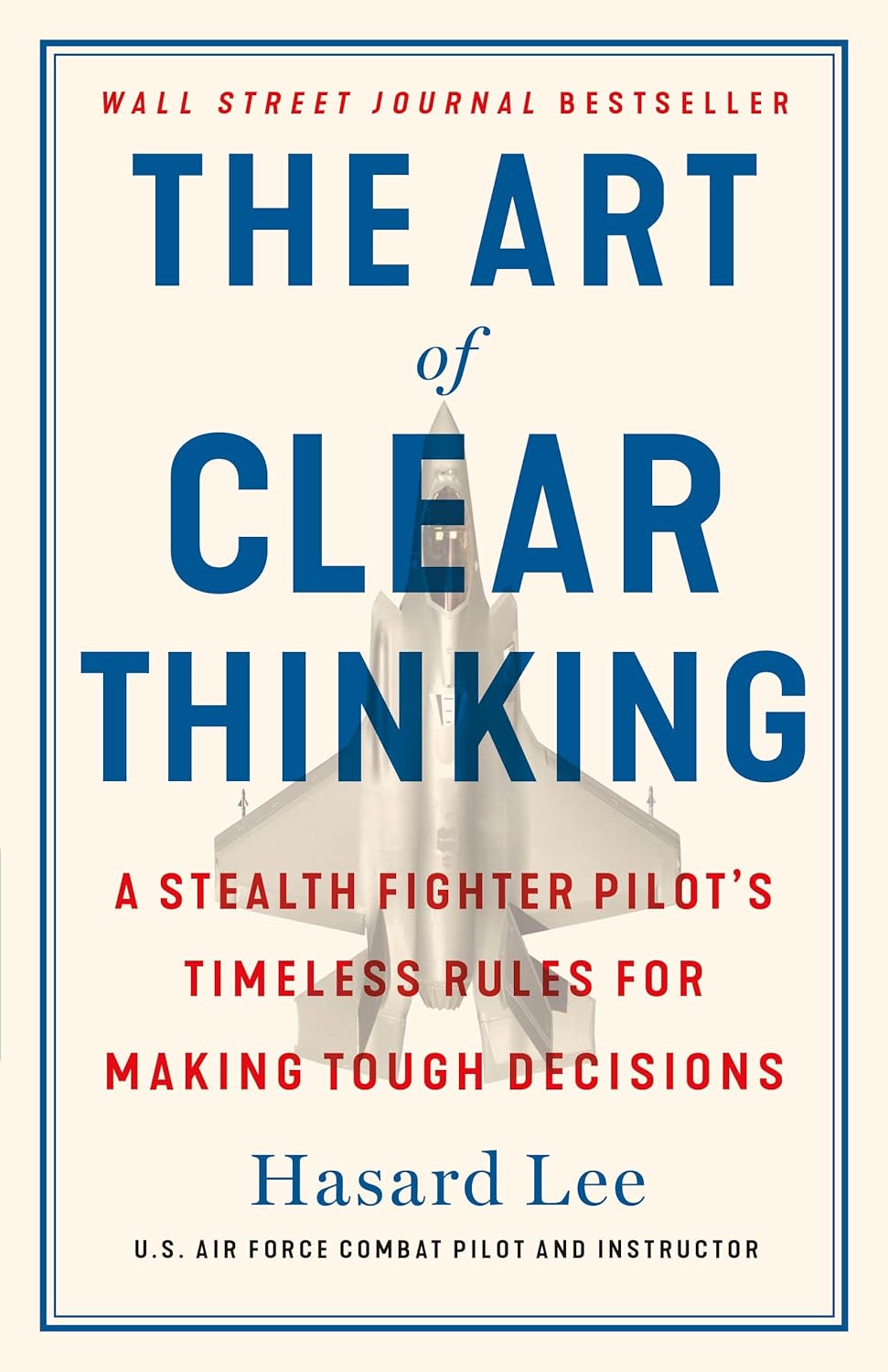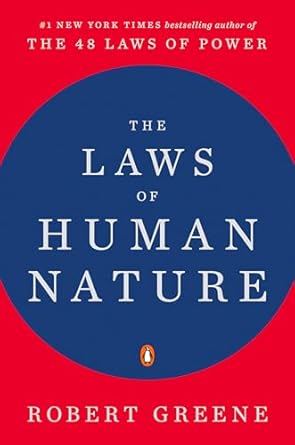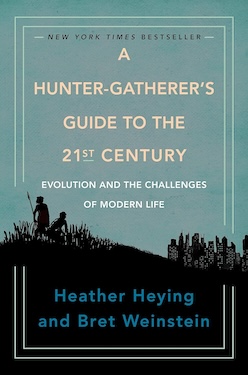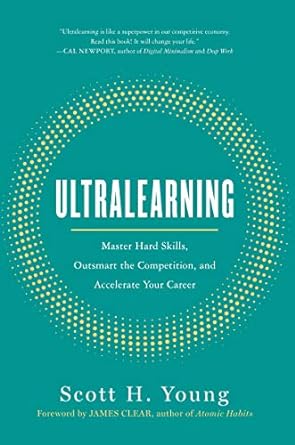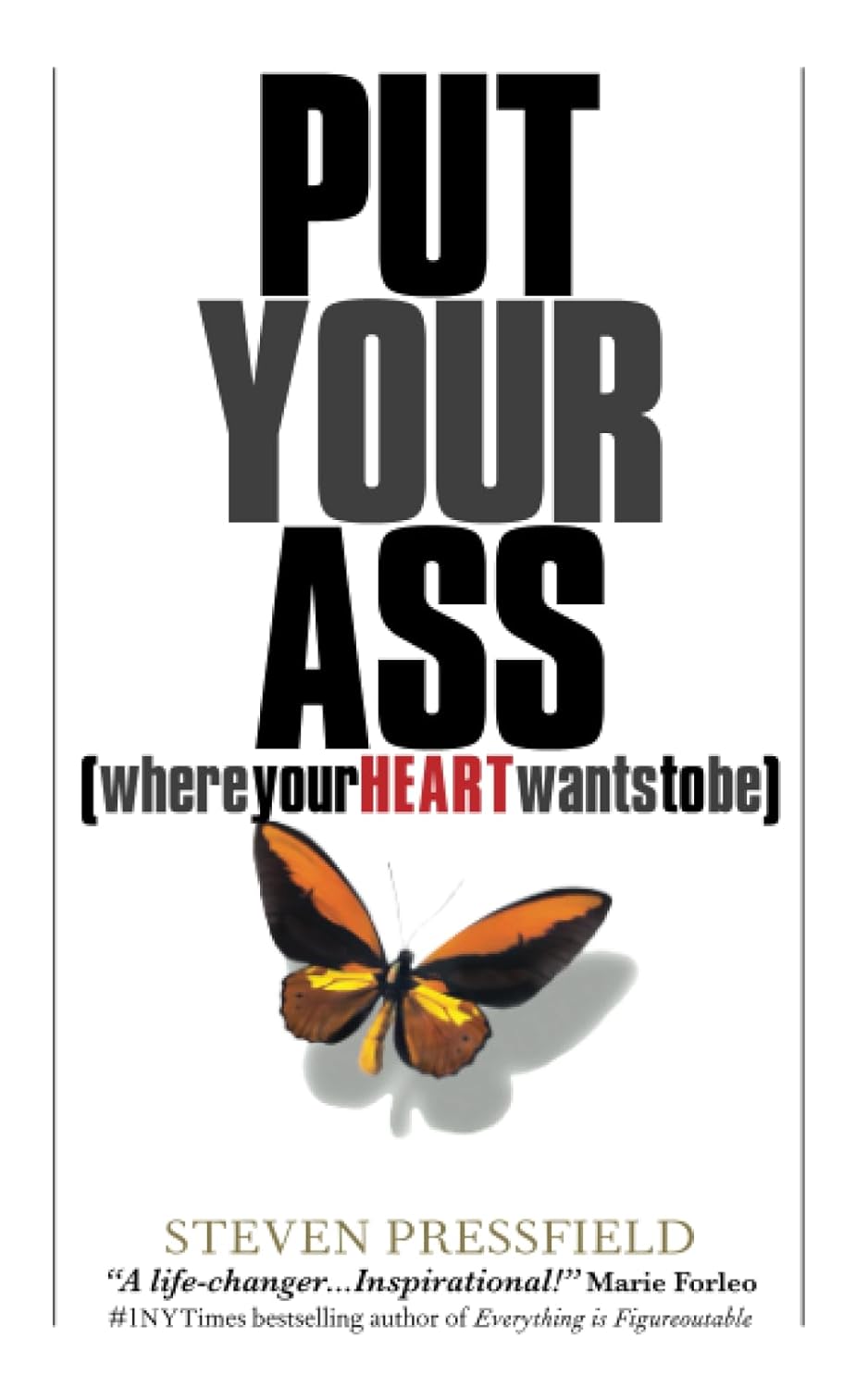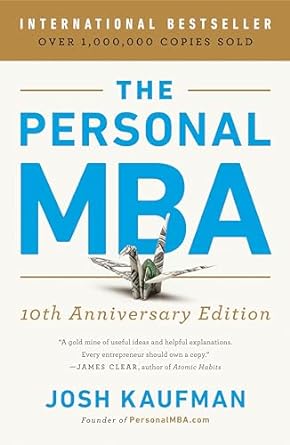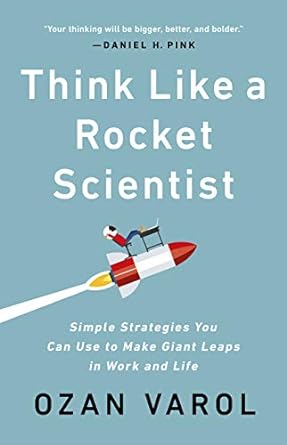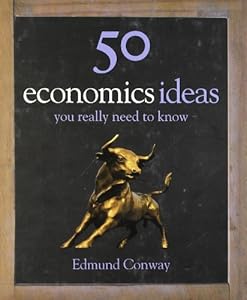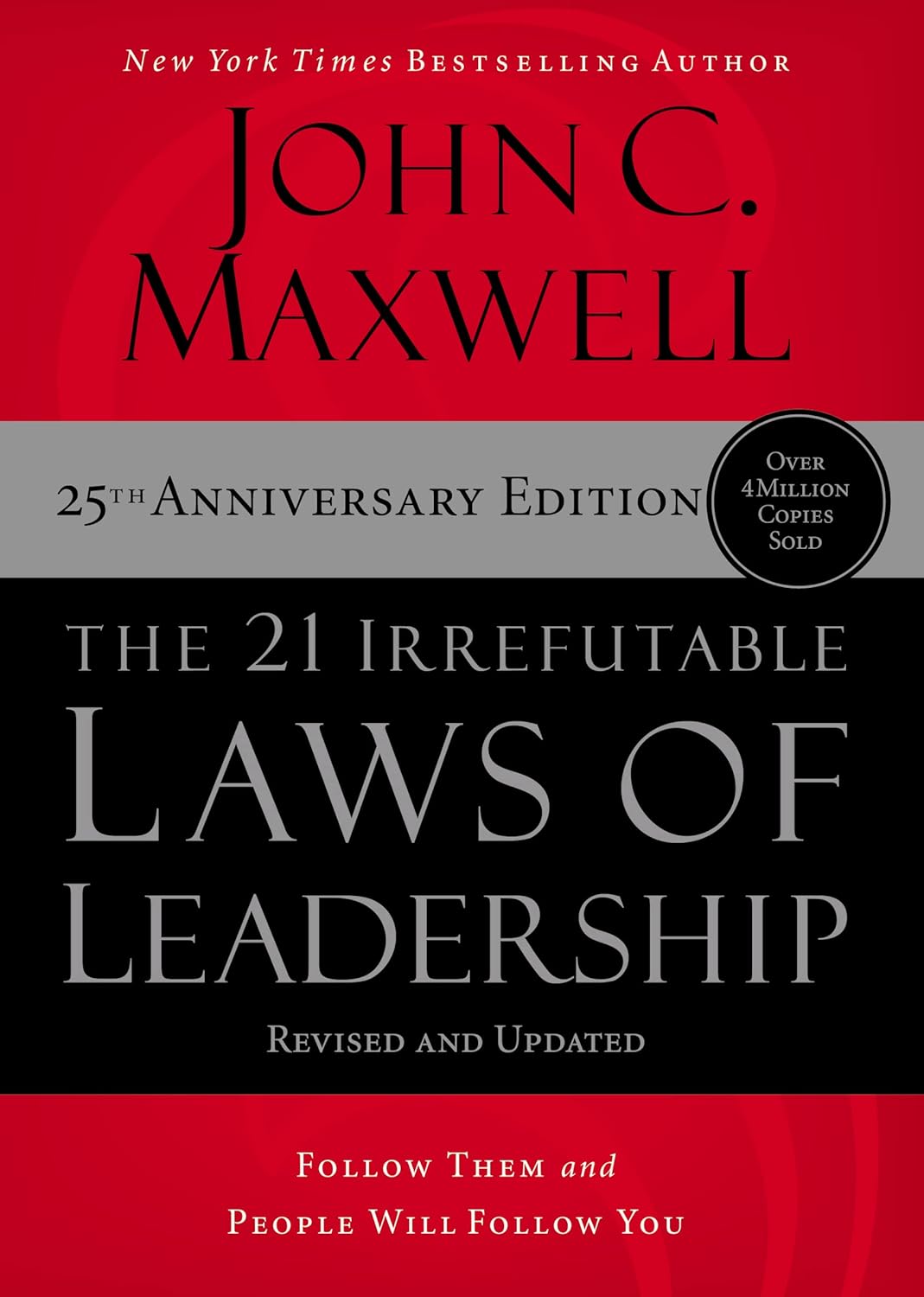Diminishing Returns
Increases in inputs to a process will eventually lead to smaller increases in outputs.
Examples:- Adding more cooks in the kitchen beyond a point doesn't increase the quality or quantity of food.
- More effort doesn't always lead to better performance.
- The usefulness of more things.
Key Insights & Principles
Productivity
Insights:- Beyond a certain point additional input can be detrimental.
- Given diminishing returns, it is important to be flexible and evolve.
- Acquiring material things beyond their usefulness does not provide any benefit, rather it comes at a cost.
- Each day, our capacity for making decisions is subject to diminishing returns.
- Define "done", or targets, and when you hit them, stop.
- Focus on the few things that produce most of the results, then stop.
- Stop before diminishing returns sets in.

